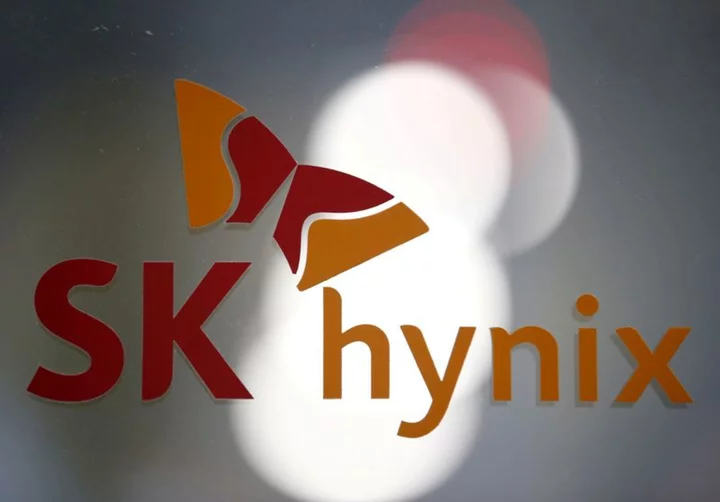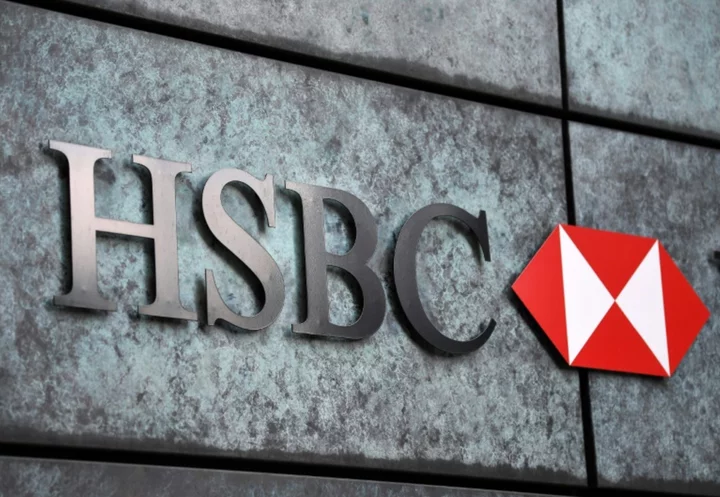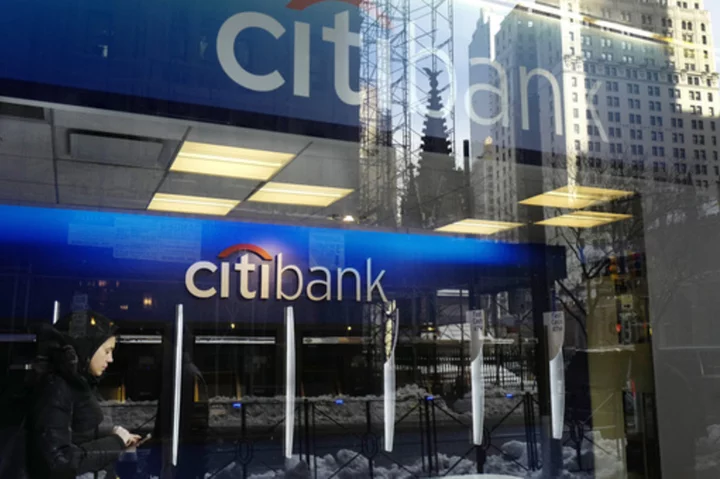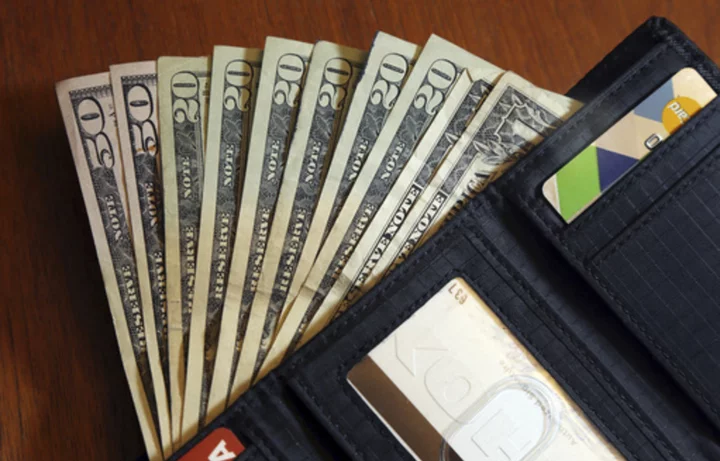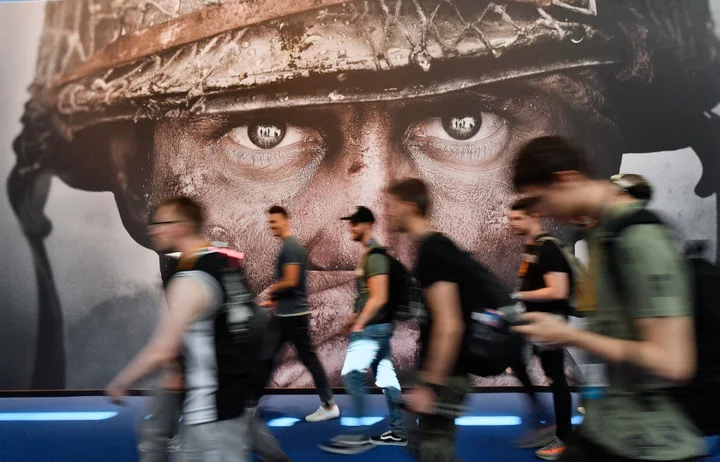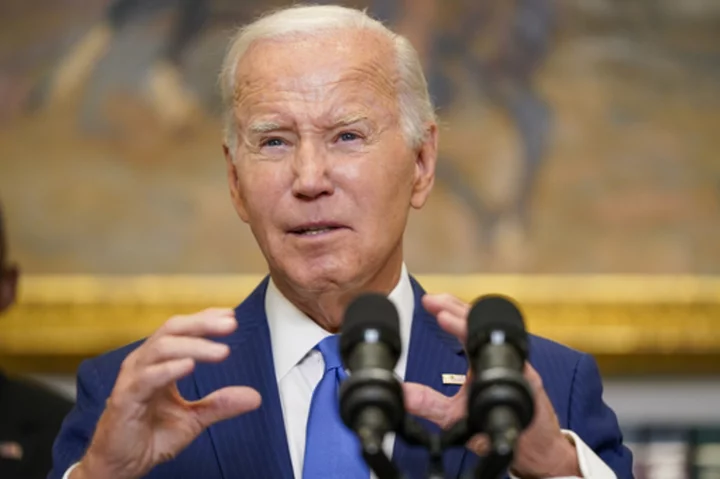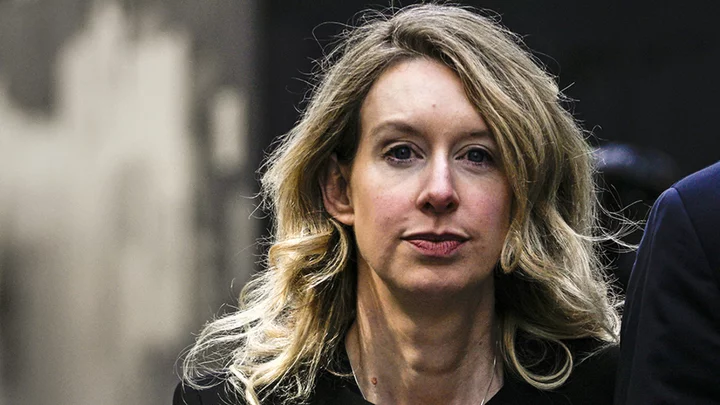By Joyce Lee and Heekyong Yang
SEOUL (Reuters) -South Korea's SK Hynix said on Wednesday the memory chip market was beginning to recover from a deep downturn amid robust artificial intelligence demand that helped it narrow its second-quarter operating loss from the prior quarter's record.
In particular, memory chip demand from corporate buyers stocking AI data centres as well as gaming personal computers is expected to increase in the second half of the year, the world's second-biggest memory chip maker said.
Microsoft, a key client for such chips, on Tuesday laid out an aggressive spending plan throughout fiscal 2024 to meet demand for its new AI services after reporting a sharp rise in costs from building new data centres.
"We have long-range visibility (on AI-driven demand) from our clients into next year," Myoungsoo Park, SK Hynix's head of DRAM marketing said in an earnings call.
Memory chip makers cut production in the first half of this year as prices continued to fall due to slumping demand from buyers amid economic headwinds, causing steep writedowns to the value of unsold stockpiles.
Market conditions remain mixed depending on the type of chips. SK Hynix said on Wednesday it would cut production of its NAND Flash chips used for data storage by a further 5% to 10% because of high inventories and low profitability amid a fall in the average sales price.
SK Hynix reported a 2.9 trillion won ($2.28 billion) operating loss in the June quarter, down from 4.2 trillion won profit a year earlier on weak memory chip pricing and demand.
Revenue fell 47% year-on-year to 7.31 trillion won in the June quarter.
But a boom in AI helped it boost sales of high-end DRAM chips in the second quarter and narrow losses from the record 3.4 trillion won reported in the first quarter.
AI CHIPS
SK Hynix said demand for AI server memory had more than doubled in the second quarter compared to the first quarter. Its DRAM chips, which hold information from applications while the system is in use, sold for a higher price in the second quarter versus the first, on average.
SK Hynix leads the market in high bandwidth memory (HBM) DRAM used in the fast-growing field of generative AI. It had a 50% market share in HBM as of 2022, followed by Samsung Electronics' 40% and Micron's 10%, according to TrendForce.
HBM can feed more data into chips used for generative AI, enabling them to compute at high speed.
SK Hynix's DRAM business is expected to swing to a profit in the fourth quarter thanks to strong sales of premium products such as HBM and high-density DDR5 chips, said Greg Roh, head of research at Hyundai Motor Securities.
"But NAND Flash demand from Chinese mobile firms may continue to stagnate until year-end," leaving the chip maker's return to full profit uncertain, he added.
The company said its 2024 capital expenditure would be higher than this year, when its slashed budget by at least 50% from 2022, with a continued focus on matching the mix of chips it makes to market conditions instead of expanding capacity.
SK Hynix shares reversed initial gains to fall 0.4% in morning trade, versus the wider market's 0.3% drop.
The company's shares have risen more than 50% year-to-date on investor hopes for a market recovery early in the second half, but its comments pointed to a later rebound in NAND Flash and older DRAM chip demand, said Nam Dae-jong, an analyst at eBEST Investment & Securities.
Samsung, the world's biggest memory chip maker, will report its detailed second-quarter financial results on Thursday. Samsung shares were down 2% in morning trade.
($1 = 1,274.1300 won)
(Reporting by Joyce Lee and Heekyong Yang; Editing by Christopher Cushing and Jamie Freed)

